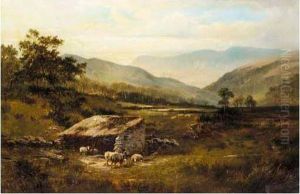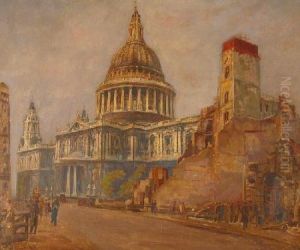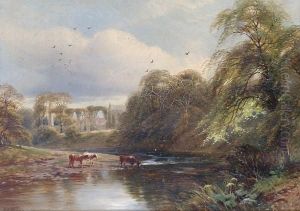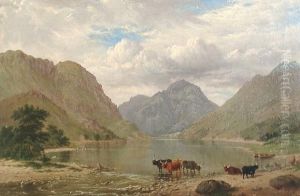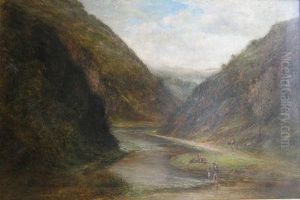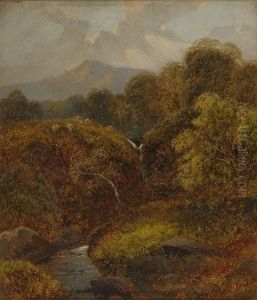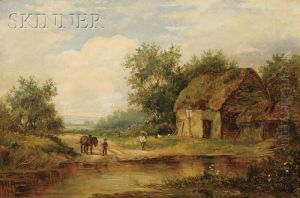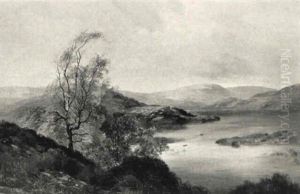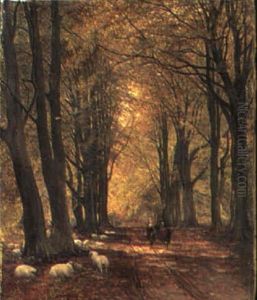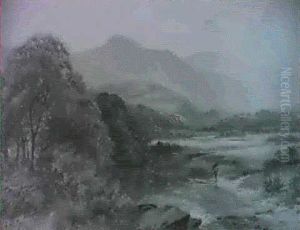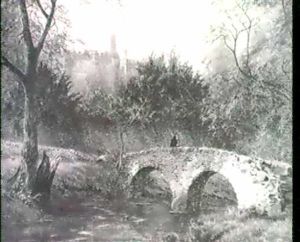James Lees Bilbie Paintings
James Lees Bilbie was an English bell founder and clockmaker from the 18th and early 19th centuries. Born in 1745 in Chew Stoke, Somerset, England, he was part of the notable Bilbie family, which had a significant impact on bell founding in the Southwest of England from the late 17th century onwards.
James Lees Bilbie learned the craft within his family, which had been producing bells since his grandfather, Edward Bilbie, started the tradition in 1698. The Bilbie family foundry was responsible for casting over 1,350 church bells that were installed in churches across Somerset, Devon, Bristol, and even Wales.
James Lees Bilbie's work encompassed not only the production of bells but also the creation and maintenance of clock mechanisms for church towers and public buildings. These timepieces often featured in the civic architecture of the period, serving as both functional and decorative elements.
The craft of bell founding is a complex one, involving the creation of a mold, the careful composition of bell metal (usually a bronze alloy), and the precise tuning of the final bell to achieve the desired tone. James Lees Bilbie's expertise in this art ensured that his bells were in demand and have continued to ring out across the region for centuries.
Despite the success and longevity of the bells, the Bilbie family business declined after the turn of the 19th century, and the foundry eventually closed. James Lees Bilbie passed away in 1829, leaving behind a legacy of craftsmanship that had a lasting influence on the soundscape of English churches. The bells made by the Bilbie family are still studied and appreciated by historians and bell enthusiasts for their historical and musical significance.
